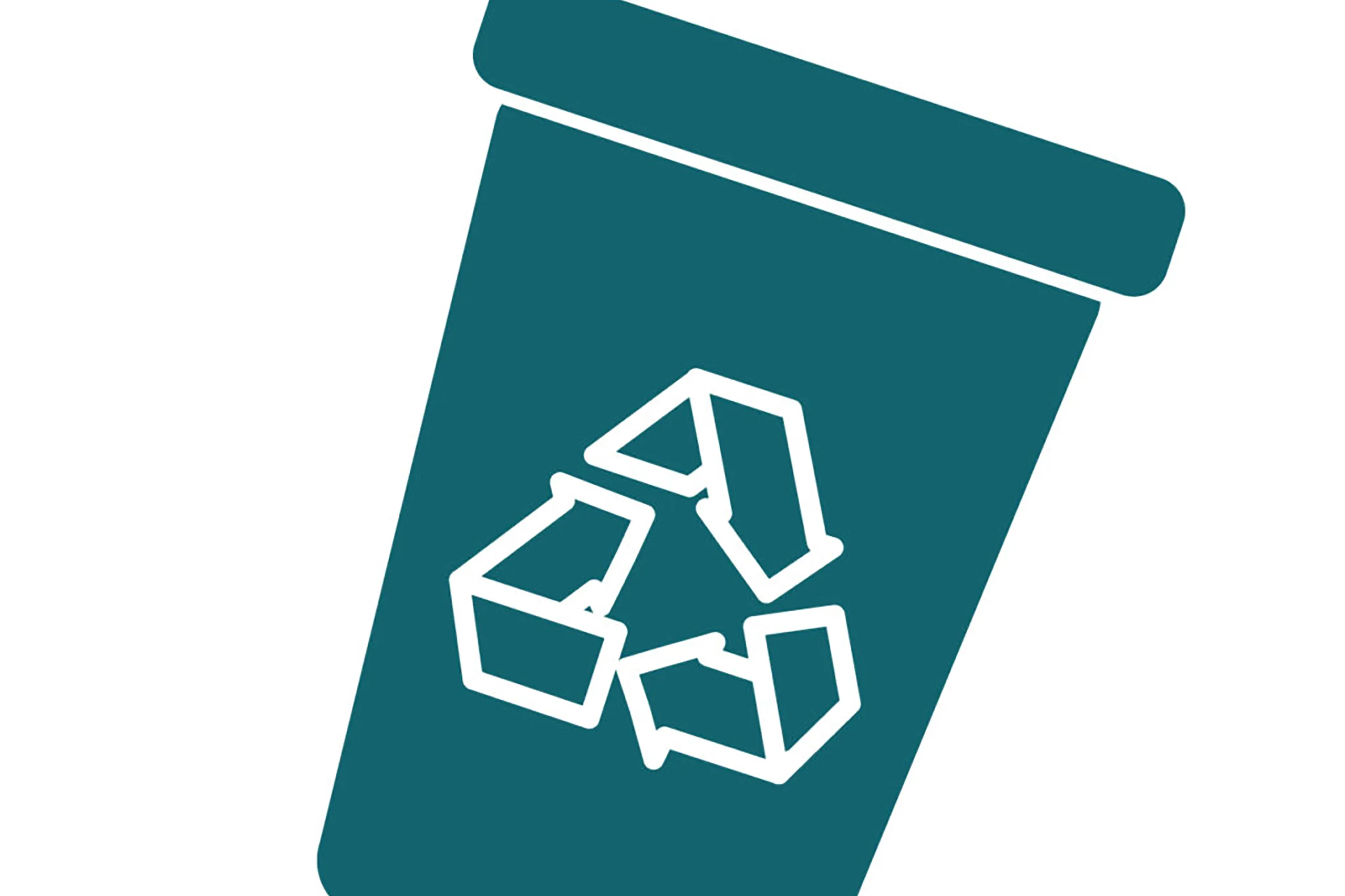In 2023, the UK government introduced new plans to simplify recycling for businesses and households. These regulations came into force on March 31st, 2025, standardising recycling rules across the country and making waste storage and management easier.
The rules were designed to boost recycling rates, protect the environment, and ensure more consistent waste practices nationwide. They applied in particular to businesses with 10 or more full-time employees. Here’s what changed and how the regulations have been benefiting businesses since implementation.
What changed?
The government adopted a “common-sense” approach to waste management, creating a system of consistent recycling across England. This means businesses now follow the same recycling practices, no matter their location.
Waste streams
Businesses must now separate their waste into specific streams:
Dry recyclables, including paper, plastic, glass, and metals
Food waste (kept separate from general waste)
Plastic films (collected separately from other plastics)
For businesses with 10 or more employees, separate containers for recyclables and food waste became a requirement.
Collections
Weekly food waste collections were introduced, reducing waiting times and ensuring food waste is processed more sustainably. Standardised streams have also helped reduce confusion and, in many cases, cut down on the number of bins needed.
How has this benefited businesses?
Simpler processes
Uniform rules have made recycling easier for businesses with multiple locations, improving waste reporting and tracking sustainability performance.
Improved sustainability
Clear guidelines have helped employees recycle correctly, making sustainability goals easier to achieve.
Cost savings
The changes reduced charges for incorrectly sorted waste. Many businesses also found opportunities to switch to recyclable packaging materials, lowering costs and enhancing their environmental performance.
Circular economy opportunities
With better waste management, businesses discovered ways to reuse materials internally or sell waste to other companies. This reduced reliance on raw materials and supported progress toward net-zero targets.
Operational efficiency
By simplifying processes, many businesses streamlined their waste management systems, reduced the need for extra equipment and achieved consistency across multiple sites.
Looking back: Preparing for the 2025 Regulations
Ahead of March 2025, businesses were encouraged to:
- Conduct waste audits to identify areas for improvement.
- Develop bespoke waste management plans.
- Use the regulations as a springboard for broader sustainability and carbon-neutral initiatives.
How Agecko supported businesses
At Agecko, we worked closely with organisations to prepare for and adapt to the 2025 Simpler Recycling regulations. Our team provided free audits, bespoke waste management plans and practical guidance to ensure businesses met compliance requirements while reducing costs and environmental impact.
If you’d like ongoing support with compliance, sustainability reporting or improving your recycling efficiency, call us on 01347 821086 or email us at info@agecko.com.
